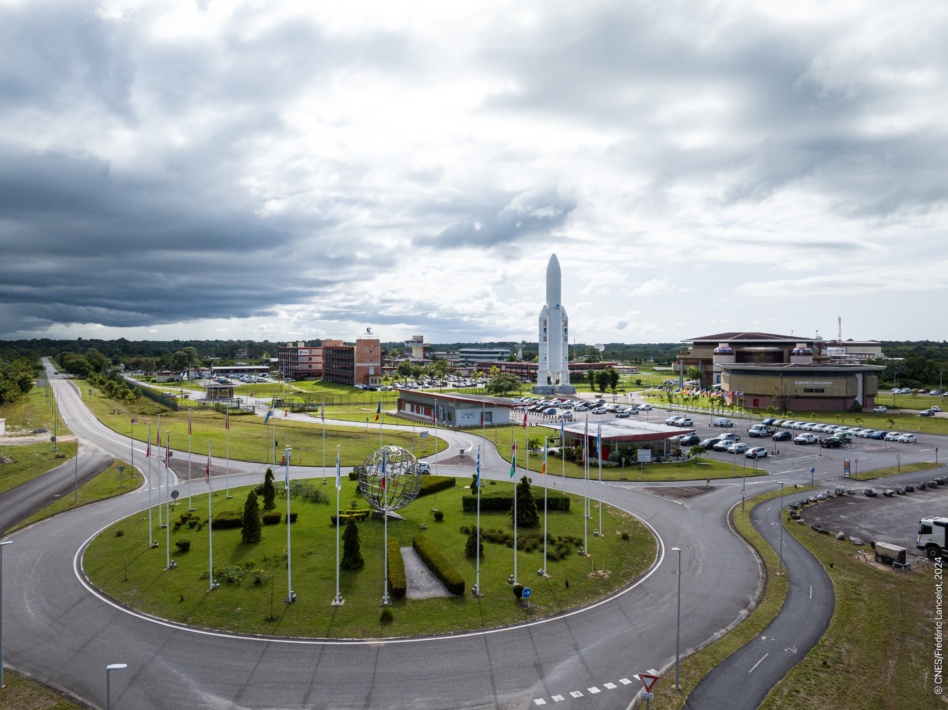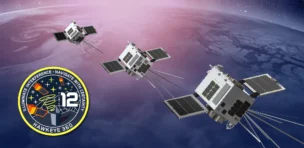ASD-Eurospace, a European aerospace and defense industry think tank, released its facts & figures report this week, throwing cold water on the idea that the European space industry is in the midst of an unstoppable upswing.
Good, bad, and ugly: Let’s start with the good news: ASD-Eurospace concluded that 2024 was indeed a banner year for the European space sector on many fronts.
- Arianespace’s Ariane 6 flew a successful maiden mission, returning sovereign launch capabilities to the continent after years of reliance on the US.
- The European Union reached a concession contract for IRIS2, setting aside €10B for the constellation.
- The continent’s space sector also saw sales increase to €8.8B, and workforce grow to 66,000 employees.
Things start to derail, however, when extrapolating data into the future.
ASD-Eurospace reported receding profits throughout the space sector in 2024. In a survey of hundreds of space businesses across the continent, it found that profit margins were shrinking or remaining stubbornly negative.
The profit measures were dragged down by major losses from Airbus and Thales Alenia Space, but more generally, the sector was struggling under the weight of low productivity—with hiring growing faster than revenue, every additional worker is creating less and less value.
As a consequence of reduced profits, Europe’s major space employers—Airbus, Thales, Leonardo, and Safran—cut their space workforces by 3% in the year. The future might bring even deeper cuts.
The overall growth in employment was driven by large hiring sprees at midcap companies and startups.
The vast majority of these startups, which now employ 10,000+ workers collectively across the continent, have yet to mature economically, and business losses point to the prospect of increased layoffs and unemployment when some of those startups inevitably fail.
Propped up: Ultimately, ASD-Eurospace found that despite promises of a thriving New Space economy, Europe’s financial landscape is still very much driven by government spending. This trend has not yet sparked a standalone industry.
The sector may remain buoyed while government spending stays high, but without an off-ramp to commercial growth in-an-of itself, don’t hold your breath.




